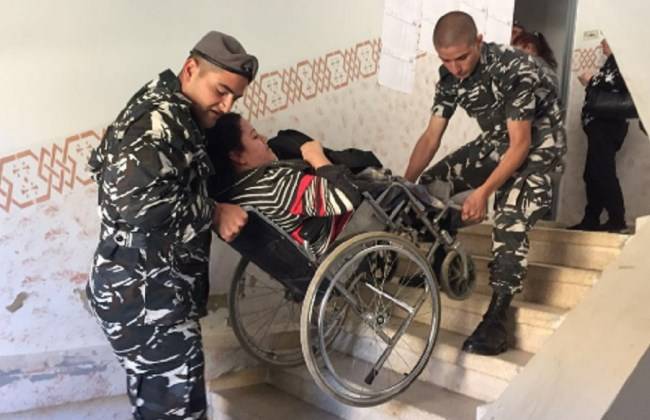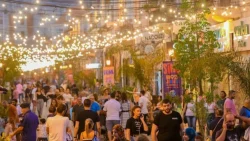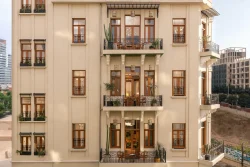Handicapped People In Lebanon Face Continuous Humiliation And Discrimination
Let me start this with an ‘I know someone who knows someone’: I have a friend who has a relative who uses a wheelchair. This relative has grown to hate visiting public places; there are never any proper ramps, he always has to be shuffled around, his kids have to carry him while they move his chair, he gets tired and uncomfortable – he’d rather just stay home.
This relative is one of many living in less than optimal conditions in Lebanon. This form of discrimination is grossly unnoticed and widely unreported.

Photo via dailystar.com.lb
Many restaurants, beaches, public institutions, banks, and many, many other places are completely inaccessible to people in wheelchairs and people with disabilities. Handicapped parking spots are available, but imagine going to a mall, parking in a handicapped spot, and then not being able to access that very mall because there are no ramps or flat escalators.
Back in 2002, Lebanon passed law 220, a series of regulations intended to ensure equal rights and access to all people with physical disabilities. Fourteen years later, this law is still not properly applied; public buildings and sidewalks are not easily accessible, there is an absence of appropriate parking spaces and public transportation options, there is a lack of access to most buildings, schools, offices, bars, hotels, public areas, restaurants, and on and on and on.
And possibly worst of all, there is routine employment discrimination. Labor laws state that companies with more than 60 employees should reserve 3% of their employment to people with disabilities, and that 3% of public sector jobs should be reserved for those with disabilities as well. This is not implemented, and you don’t need any research to know that.
To add to the already long list, many voting stations (during any odd election) still remain inaccessible by wheelchair denying these citizens the right to practice their legal right to elect.
Lebanon is a country with many problems, but this is one that doesn’t have to wait for regional politics to sort itself out. It is on us to pressure companies and facilities to provide access for all people, after all, it’s really not that difficult to install a ramp.





